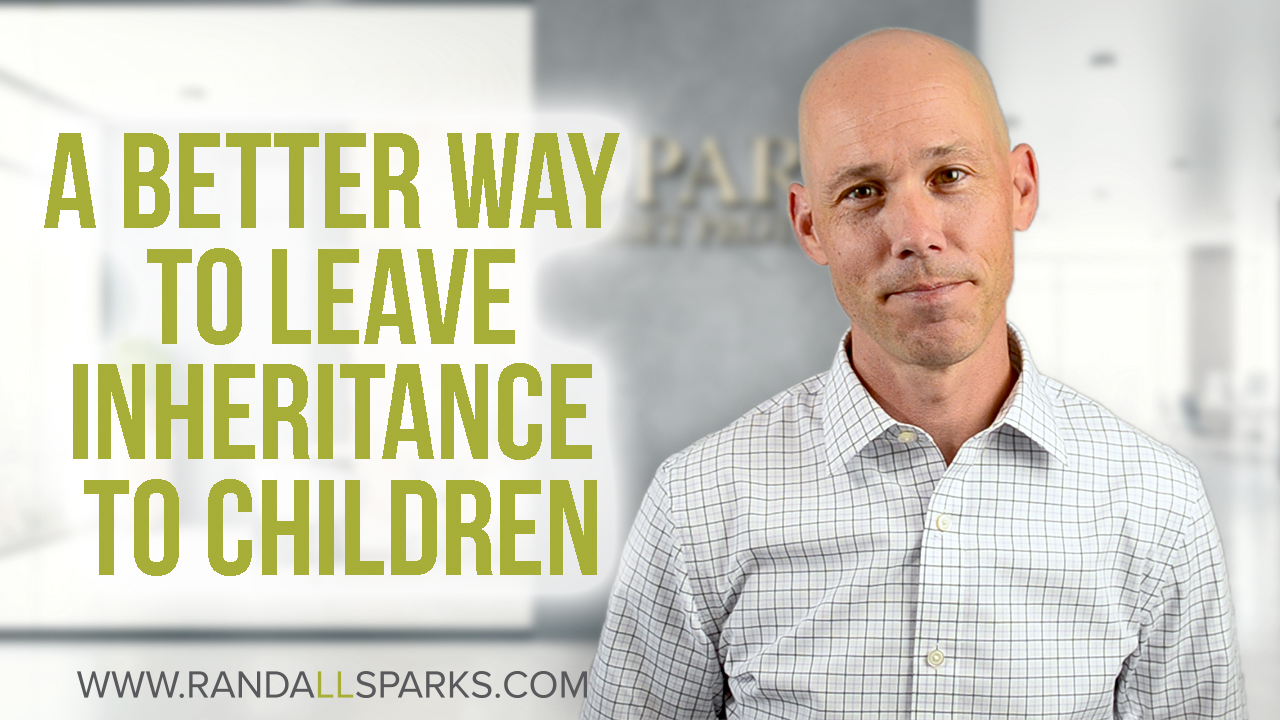Beneficiary Trusts – A Better Way to Leave Inheritance to Children
There is a better way to leave an inheritance to your children – Beneficiary Trusts. I hear over and over that clients don’t want their children to get too much too soon or that they don’t want their children to squander their inheritance. It is far better to leave their inheritance in trust than to give it directly to them.
Direct Distributions – Less Effective
After you pass away, you can decide how you want to leave your inheritance to children (or others) in your will or revocable trust. The simplest way to leave an inheritance is to distribute the assets outright. This means that you divide the assets up and give it to them directly. While this may be simple, it creates other potential problems. What if any of the following applied upon your death?
- Young Child
- Disabled Child
- Irresponsible Child
- Addiction Problems
- Child in Divorce, Lawsuit, Bankruptcy, etc.
If you leave an inheritance directly to a child when any of the above are true, the inheritance could be at risk. It is far better to leave your child’s inheritance to them in trust.
Beneficiary Trusts – A Better Way to Leave Inheritance to Children
Instead of outright distributions to your children upon death, you can leave their inheritance in trust. For example, your estate planning documents can state that upon your death, the assets are divided into equal shares for your children. Rather than distributing those shares directly to the children, they are held as separate trusts, one for each child. Regardless of your child’s age, the trustee can provide benefits to each child from their share. Here’s how leaving inheritance in trust resolves the above listed concerns:
- Young Child – A responsible trustee is in charge of the inheritance (a Trustee chosen by you)
- Disabled Child – A responsible trustee is in charge of the inheritance. It can even be designed in a way which will not jeopardize the disabled child’s government assistance (if any).
- Irresponsible Child – A responsible trustee is in charge of the inheritance to prevent it from being squandered.
- Addiction Problems – A responsible trustee is in charge of the inheritance to care for the child while at the same time not funding self destructive behaviors.
- Divorce, Lawsuit, Bankruptcy, etc. – The trust assets are safe from attack and won’t be lost to creditors.
There is incredible flexibility in designing the best inheritance plan. I generally recommend that you allow your child to become the trustee of their inherited trust after they reach a certain age (e.g. 25 or 30). Up until that point, someone else is in charge of their share. Regardless of age, your child always has ability to benefit from the inherited trust. They are just not in charge of it until they reach the age you designate. And FYI, even after your child takes control of their inherited trust, the inherited trust is still protected from creditor attack if your child is divorced, sued, bankrupt, etc. You can also leave guidelines for the trustee to follow when overseeing the trust for your child until they are old enough to manage it for themselves.
Leave your children their inheritance in a Beneficiary Trust. They have access and protection at the same time.







Get Social